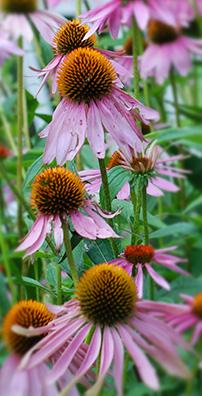
Insect Bites: A Comprehensive Guide
Have you ever found yourself scratching an itchy bump on your skin, only to realize it’s an insect bite? Insect bites can range from mild to severe, and understanding them can help you manage them effectively. This article will delve into the various aspects of insect bites, including their causes, symptoms, treatment, and prevention.
Causes of Insect Bites
Insect bites are caused by a variety of insects, each with its own unique characteristics. Some of the most common culprits include mosquitoes, ticks, bed bugs, fleas, and bees. Here’s a brief overview of each:

| Insect | Common Bite Location | Typical Symptoms |
|---|---|---|
| Mosquitoes | Arms, legs, and face | Itching, redness, swelling |
| Ticks | Any part of the body | Itching, redness, swelling, rash |
| Bed Bugs | Bed sheets, furniture, and clothing | Itching, redness, swelling, rash |
| Fleas | Arms, legs, and face | Itching, redness, swelling, rash |
| Bees | Arms, legs, and face | Itching, redness, swelling, rash, pain, and in some cases, anaphylaxis |
Symptoms of Insect Bites
The symptoms of insect bites can vary depending on the type of insect and the individual’s immune response. Common symptoms include:
-
Itching
-
Redness
-
Swelling

-
Rash
-
Pain
In some cases, insect bites can lead to more serious complications, such as allergic reactions or infections. If you experience symptoms like difficulty breathing, swelling of the throat, or hives, seek medical attention immediately.
Treatment of Insect Bites
Most insect bites can be treated at home with over-the-counter remedies. Here are some effective treatment options:
-
Cool Compresses: Apply a cool, wet compress to the bite to reduce swelling and itching.
-
Antihistamines: Over-the-counter antihistamines can help alleviate itching and reduce inflammation.
-
Topical Creams: Calamine lotion or hydrocortisone cream can soothe the skin and reduce itching.
-
Hydrogen Peroxide: Applying hydrogen peroxide to the bite can help prevent infection.
In cases of severe allergic reactions or infections, medical treatment may be necessary. Your healthcare provider may prescribe oral antihistamines, corticosteroids, or antibiotics.
Prevention of Insect Bites
Preventing insect bites is the best way to avoid the discomfort and potential complications associated with them. Here are some tips to help you stay bite-free:
-
Use insect repellent: Apply a DEET-containing insect repellent to exposed skin and clothing.
-
Wear protective clothing: Long sleeves, pants, and socks can help protect your skin from insects.
-
Stay in well-lit areas: Insects are more likely to bite in dark, damp environments.
-
Check for ticks: After spending time outdoors, inspect your clothing and skin for ticks.
-
Keep your home clean: Regularly vacuum and clean your home to eliminate bed bugs and fleas.
By understanding the causes, symptoms, treatment, and prevention of insect bites,



